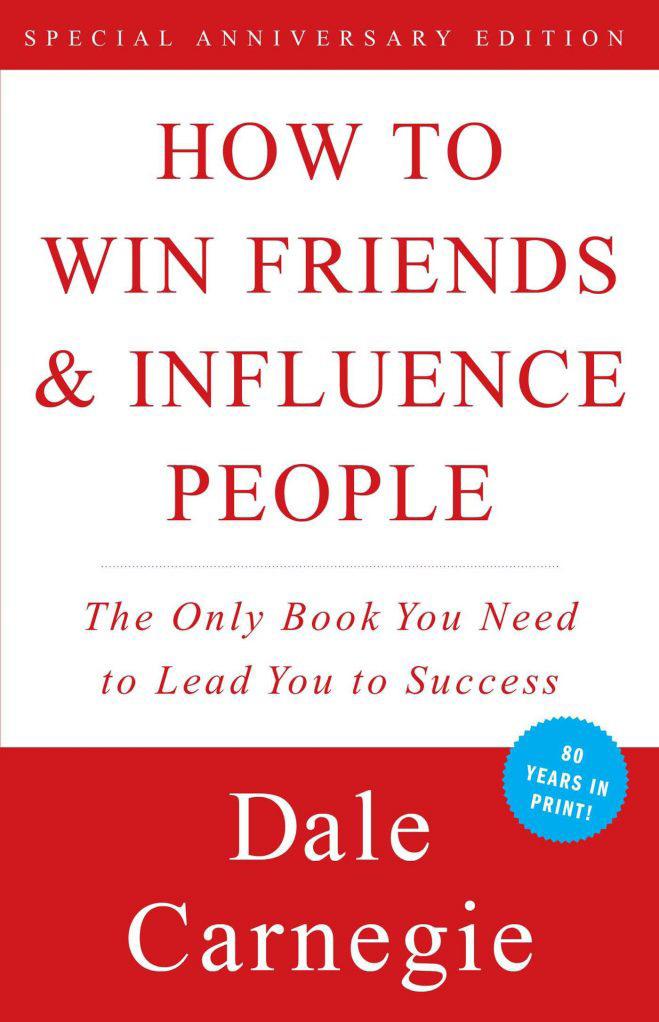
1 minute read
RECOMMENDED READS
SOLVE FOR HAPPY
by Mo Gawdat
Advertisement
Recommended by Jen Freeman (Be Found Be Chosen)
Solve for Happy is my most read book to date (I have to correct and say, most listened to books on Audible). I have listened to Solve for Happy about 30+ times. For two years, I played it on every car journey and it has been instrumental in making me happy pretty much all of the time – which in this day and age is a rare claim.
Mo Gawdat was the Chief Engineer at Google X – which is Google’s moon-shot company. In this book, Mo explains the way the mind works and how we can navigate its evolutionary protection systems which were designed for a simpler way of life.
(Jen has 5 copies of this book to give away to Forum members. To claim yours, email Jen at jennifer@befoundbechosen.co.uk)

WHAT YOU SEE IS WHAT YOU GET
by Alan Sugar
Recommended by Malcolm Humble (Arian EMS)
I had been successful working in senior roles for multinational companies, helped improve and grow companies even owned my own company for eight years before I was given Alan Sugar’s autobiography ‘What you see is what you get’ as a present.
The book was bought for me because the title is a saying that I have used for as long as I can remember. It defines the requirements to be successful. Hardwork, persistence, and keeping it real. No jargon, no buzzwords, no bull.
The ultimate evidence that success and enjoying that success should be earned and not a given.

HOW TO WIN FRIENDS AND INFLUENCE PEOPLE
by Dale Carnegie
Recommended by Dianne Sharp (DKS)
First published in 1936, it was one of the first self-help books. It now has a somewhat over used title, and has undergone some major revisions, including the deletion of the section ‘improving marital satisfaction’! But get past the title and the language and it, and attending a Dale Carnegie course, changed my whole approach to working with people.
‘Don’t criticise, condemn, or complain’, ‘give honest and sincere appreciation’, and ‘arouse in the other person an eager want’ remain as valid today as they were in 1936.










